Comparison of the human gastric microbiota in hypochlorhydric states arising as a result of Helicobacter pylori-induced atrophic gastritis, autoimmune atrophic gastritis and proton pump inhibitor use
Data and Resources
-
Open Access PDFPDF
PLOS Pathogens
Additional Info
| Field | Value |
|---|---|
| Source | |
| Version | |
| Authors |
|
| Maintainer | |
| Maintainer Email | |
| Article Host Type | publisher |
| Article Is Open Access | true |
| Article License Type | cc-by |
| Article Version Type | publishedVersion |
| Citation Report | https://scite.ai/reports/10.1371/journal.ppat.1006653 |
| DOI | 10.1371/journal.ppat.1006653 |
| Date Last Updated | 2019-06-09T14:09:43.061060 |
| Evidence | open (via page says license) |
| Funder code(s) | Worldwide Cancer Research (12-1028); Natural Environment Research Council (NE/L011956/1); Wellcome Trust (097826/Z/11/Z); Core (None) |
| Journal Is Open Access | true |
| Open Access Status | gold |
| PDF URL | https://journals.plos.org/plospathogens/article/file?id=10.1371/journal.ppat.1006653&type=printable |
| Publisher URL | https://doi.org/10.1371/journal.ppat.1006653 |
